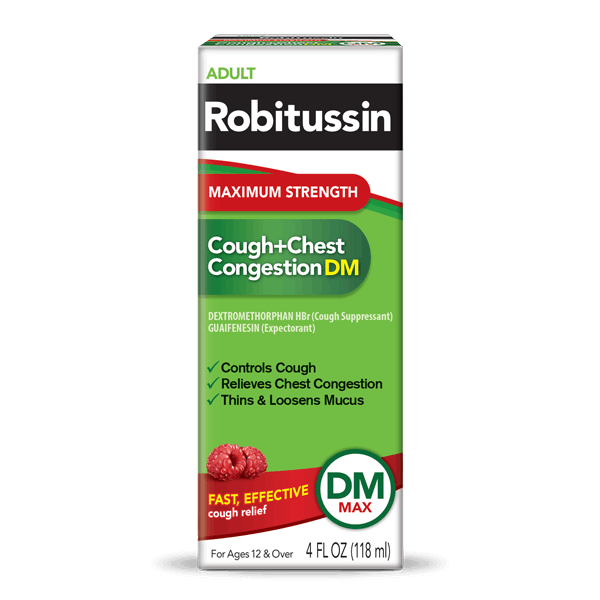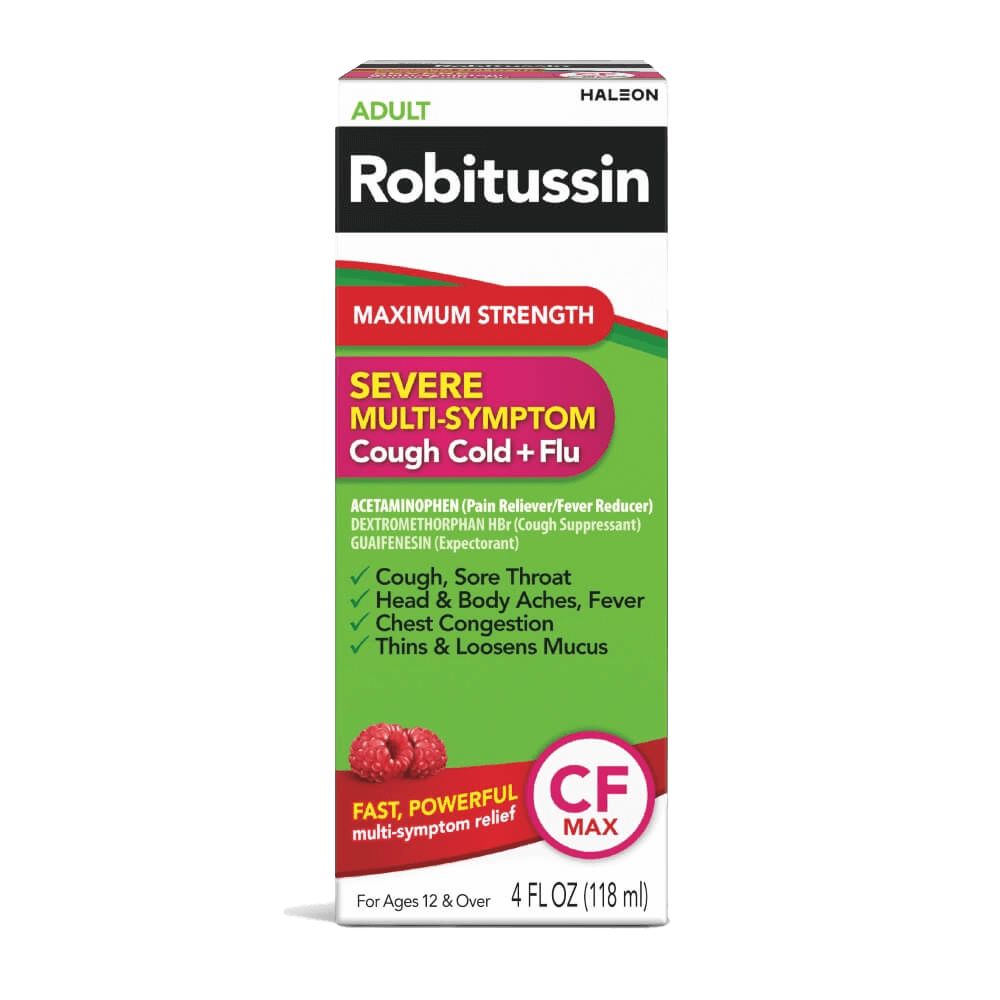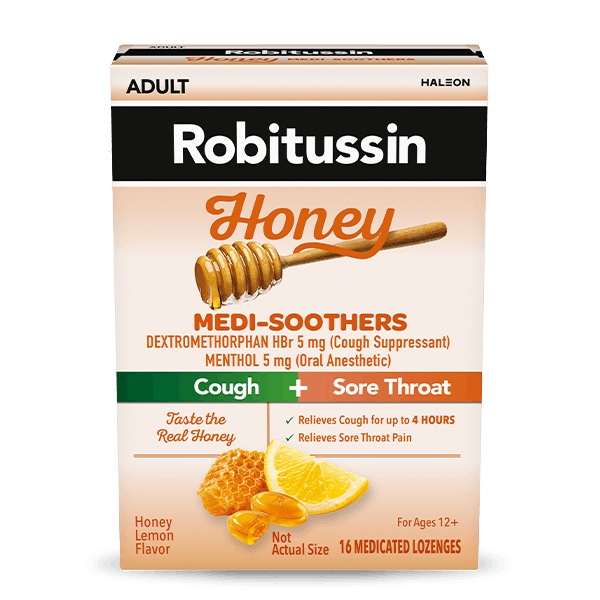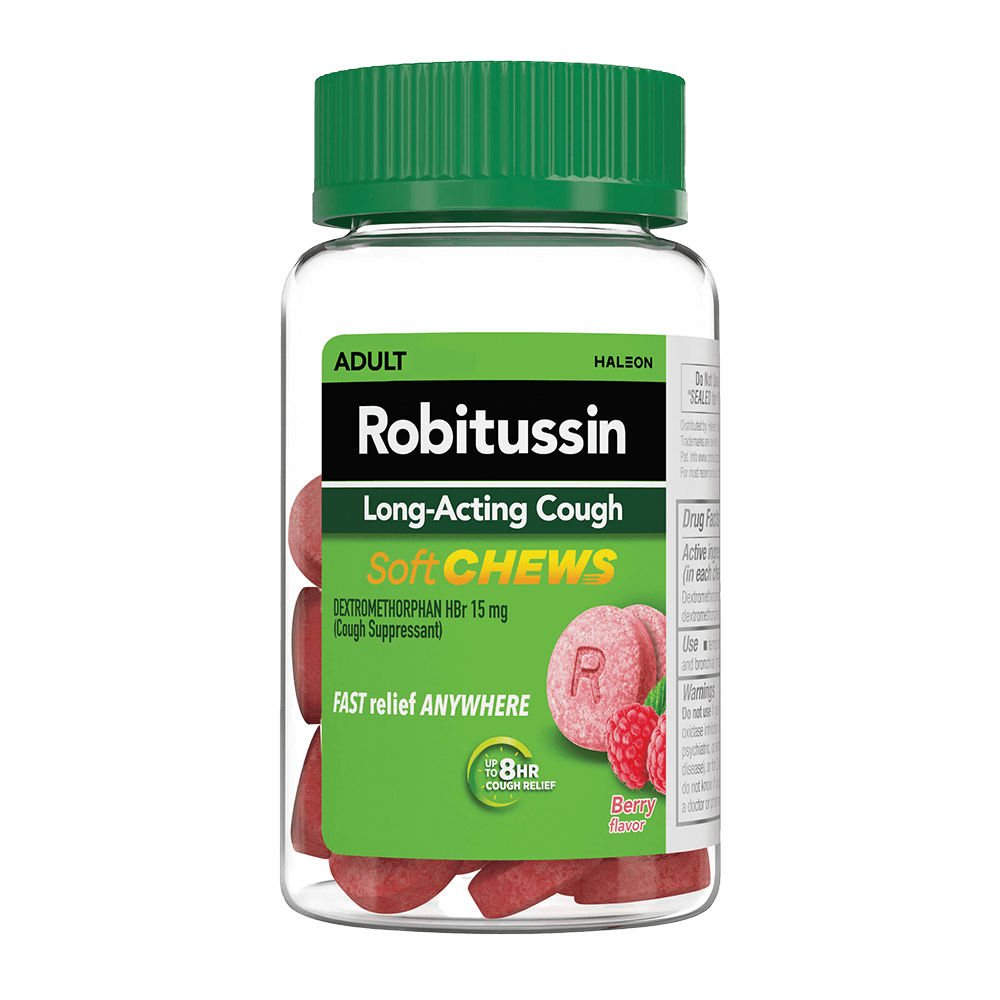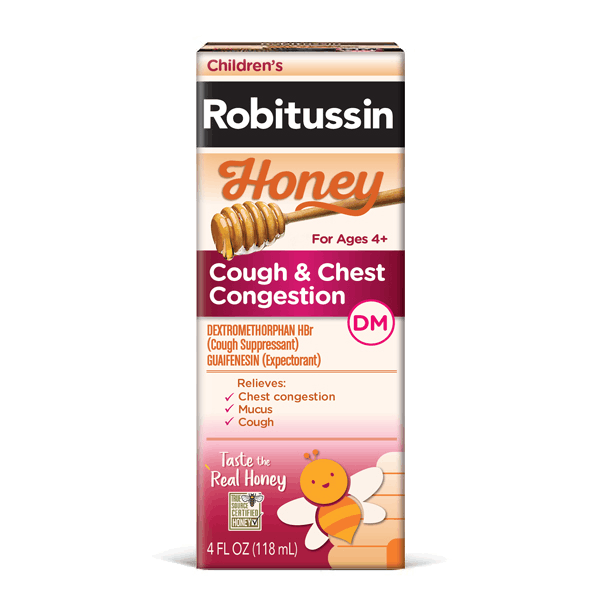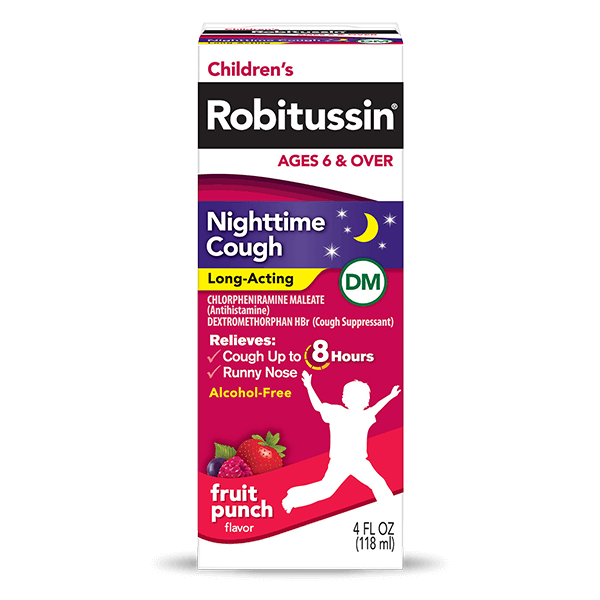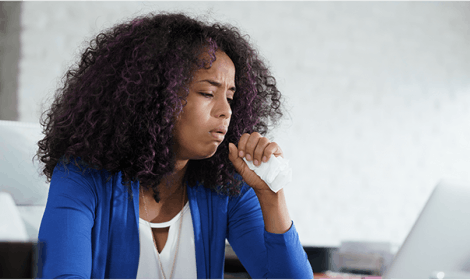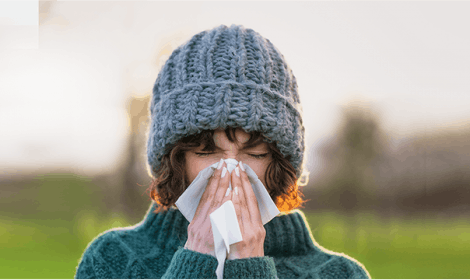Chest Congestion Remedies to Feel Better
Chest congestion can be tough to get rid of if you don’t know what’s causing it and how to get the mucus out. It can cause your chest to feel tight or sore, and if you’re not coughing up the mucus, the dry cough can irritate your throat. However, there are simple home remedies you can do to feel better. Keep reading to learn what chest congestion is, how to help relieve chest congestion, and what easy steps you can take in the comfort of your own home.

What Is Chest Congestion?
Chest congestion is at times a symptom of acute bronchitis, which is commonly known as a chest cold.1 Chest congestion happens when your bronchi airways become inflamed.2 When your bronchi become inflamed, your body produces more mucus than usual.2 Once mucus forms inside your bronchial tubes, or the tubes that pass air through your lungs, your airways become more narrow and make it harder to breathe.4
Other symptoms of chest cold include:1,2
- Coughing
- A soreness in your chest
- Feeling tired
- Headache
- Back and muscle pains
- Slight fever
- Shortness of breath
- Sore throat
- Watery eyes
- Wheezing
If you experience the above symptoms, then contact your healthcare provider. They can diagnose your chest cold by:2
- Evaluating any other symptoms you might have
- Conducting an x-ray test of your chest
- Testing how much oxygen is in your blood
- Testing any mucus or phlegm you cough up
- Testing your lungs’ ability to move air in and out
Causes of Chest Congestion
If you have chest congestion, there’s typically something else that’s causing your bronchi to become inflamed. Chest congestion is usually caused by the same virus that causes colds, flus, and sinusitis.2,3 In rare cases, chest congestion can be caused by bacteria or fungal infections.1,3
When you breathe in harmful substances or other irritants like germs, dust, fumes, and vapors, viruses and bacteria can enter your bronchi.3 The viruses and bacteria can multiply on the moist, inner linings of your lungs, and your bronchi can become inflamed to fight the viruses and bacteria off.3 The affected areas swell and produce more mucus to make it easier to cough up the irritants.3
You should consult with a healthcare provider if you:1
- Cough up blood or a pink-tinted mucus
- Have trouble breathing
- Have chest congestion for more than three weeks
- Have chest congestion that returns after it’s been relieved
- Have symptoms that get worse or that don’t improve
- Have any other symptoms that you consider severe
Home Remedies to Get Rid of Chest Congestion
While chest congestion usually goes away on its own, there are remedies you can try at home to feel better. Some simple home remedies that can help relieve symptoms of chest congestion are:1,2,4
- Staying well rested
Getting enough sleep can help your body get rid of chest congestion. When you sleep, your immune system releases a protein called cytokine.5 Some cytokines need to increase in the case of an infection or inflammation to properly fight off viruses, bacteria, and infectious diseases.5. - Humidifying the air
Using a humidifier can help increase the moisture of the air in your home. Dry air can increase inflammation in your nose and throat.6 When you use a humidifier, it can relieve your chest congestion symptoms and break up any mucus in your bronchi, helping you to cough up the mucus.6 - Inhaling steam
Inhaling steam from hot water can help loosen up the mucus that you need to cough up.7 You can inhale steam while at home by putting hot water in a bowl or pot. You can also inhale steam by taking a hot shower, or staying in the bathroom with the door closed while running hot water from the shower. - Staying hydrated
Drinking water can help loosen the mucus in your chest and airways.8 Staying hydrated with fluids can also alleviate the irritation in your throat as you cough up the mucus.8 You may also try drinking warm beverages like tea. Adding honey and lemon to the water or tea can help loosen mucus too.8 - Use extra pillows when lying down
When lying down to go to bed at night, use extra pillows to help drain the mucus from your chest.9 If you like sleeping on your back, position the pillows under your head and under your legs.9 If you prefer to sleep on your side, position the pillows under your head and under the hip that’s making contact with the bed.9 If you prefer to sleep on your stomach, put the pillows under your head and under your torso.9 These additional pillows can angle your body to drain the mucus and allow you to cough it up.9 - Avoid smoking or exposure to secondhand smoke
Avoid smoking and inhaling smoke from other sources. Smoking tobacco or nicotine products can make it difficult to clear out mucus.10 Cigarettes and e-cigarettes can expose the airways to irritants and fumes that can increase mucus production and cause chest congestion.10 - Use over-the-counter products that contain guaifenesin
Use an over-the-counter product, such as Robitussin Maximum Strength Cough and Chest Congestion DM, that includes active ingredients that help relieve chest congestion. One of these active ingredients is guaifenesin. Guaifenesin is an expectorant that works by thinning mucus in the airways.11 Once the mucus thins out, it can be easier for you to cough it up and clear out your chest congestion.
Robitussin’s chest congestion products include active ingredients that can help you fight off the chest congestion that mucus causes. The products come in liquid and tablet forms and in different flavors so that you can help relieve chest congestion the way you want.
References
- Chest Cold (Acute Bronchitis). Centers for Disease Control and Prevention. https://www.cdc.gov/antibiotic-use/bronchitis.html. Accessed 8/18/21.
- Acute Bronchitis. John Hopkins Medicine. https://www.hopkinsmedicine.org/health/conditions-and-diseases/acute-bronchitis. Accessed 8/18/21.
- Acute bronchitis: Overview. National Center for Biotechnology Information. https://www.ncbi.nlm.nih.gov/books/NBK458291/. Accessed 8/18/21.
- When a “Chest Cold” Is Something More. Family Doctor. https://familydoctor.org/when-a-chest-cold-is-something-more/. Accessed 8/18/21.
- Lack of sleep: Can it make you sick. Mayo Clinic. https://www.mayoclinic.org/diseases-conditions/insomnia/expert-answers/lack-of-sleep/faq-20057757. Accessed 8/18/21.
- Humidifiers and health. MedlinePlus. https://medlineplus.gov/ency/article/002104.htm. Accessed 8/18/21.
- Do Any Bronchitis Home Remedies Actually Work? Cleveland Clinic: Health Essentials. https://health.clevelandclinic.org/bronchitis-home-remedies/. Accessed 8/18/21.
- Relieving A Cough. University of Michigan Health: Michigan Medicine. https://www.uofmhealth.org/health-library/ug1887. Accessed 8/18/21.
- Postural Drainage. Saint Luke’s Medical Center. https://www.saintlukeskc.org/health-library/postural-drainage. Accessed 8/18/21.
- Another Gross Reason to Put Down the E-Cigarettes. American Lung Association. https://www.lung.org/blog/another-gross-reason. Accessed 8/18/21.
- Guaifenesin. MedlinePlus. https://medlineplus.gov/druginfo/meds/a682494.html. Accessed 8/18/21.
